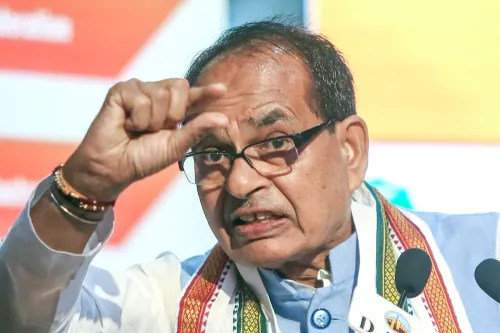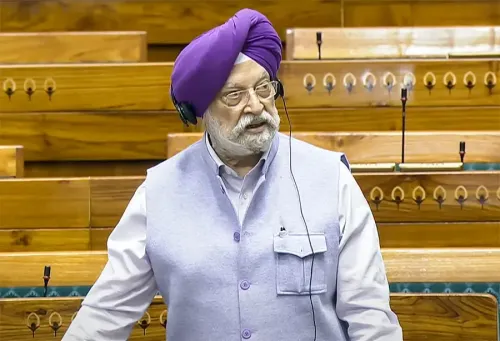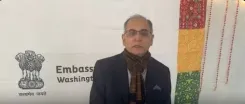Are Mental Health Challenges Among Men and Boys Being Neglected?

Synopsis
Key Takeaways
- Men's mental health issues are often overlooked.
- Conversations about gender must include men and boys.
- Addressing body image and fatherhood is crucial.
- Inclusive approaches benefit all genders.
- Policymakers should support male wellbeing initiatives.
New Delhi, Feb 17 (NationPress) While the conversation surrounding gender equality continues to advance, the mental health challenges faced by men and boys are often overlooked, as highlighted by a psychology expert from the UK.
In his recent publication, Benjamin Hine, a Professor of Applied Psychology at the University of West London (UWL), argues that men find it difficult to navigate damaging stereotypes of masculinity and are typically excluded from discussions about gender issues.
According to Hine, concerns related to body image, fatherhood, and sexual relationships are significant stressors for men and boys. He emphasizes the need to address these issues without categorizing them as “the problem.” The book delves into various other topics such as education, gaming addiction, and homelessness—many of which are frequently dismissed because men are often seen as ‘the problem’ rather than ‘having problems,’ he explained.
Hine insists that a necessary change in perspective is vital for assisting men in distress, advocating for improved cultural and gender inclusivity, evidence-based interventions, and proactive measures to enhance gender equality.
“In our current, rapidly evolving societal context, where discussions on gender equality have gained substantial traction, the distinct challenges encountered by men and boys frequently remain unnoticed or are overshadowed,” Hine articulated.
“Men, like all individuals, possess complex attributes with their own specific struggles, vulnerabilities, and challenges.”
Importantly, inclusive and intersectional approaches for men and boys across all backgrounds—encompassing ethnic, religious, and gender/sexual identities—should be integral to organizational strategies, with an immediate focus on men’s mental health and alarming suicide rates, according to Hine.
He pointed out that making young men feel ‘excluded or alienated’ from gender dialogues, which often justifiably center on pressing concerns for ‘women and marginalized groups,’ can foster feelings of resentment and lead to loneliness, depression, and engagement with extreme viewpoints, particularly when they turn to toxic online environments for comfort.
Part of the dilemma, he contends, is that issues affecting women and those impacting men have frequently been rigidly distinguished, despite their close interrelation, the Professor noted.
The book calls on the public, policymakers, practitioners, and other vital stakeholders to investigate and endorse policies and practices that promote the wellbeing of men.









